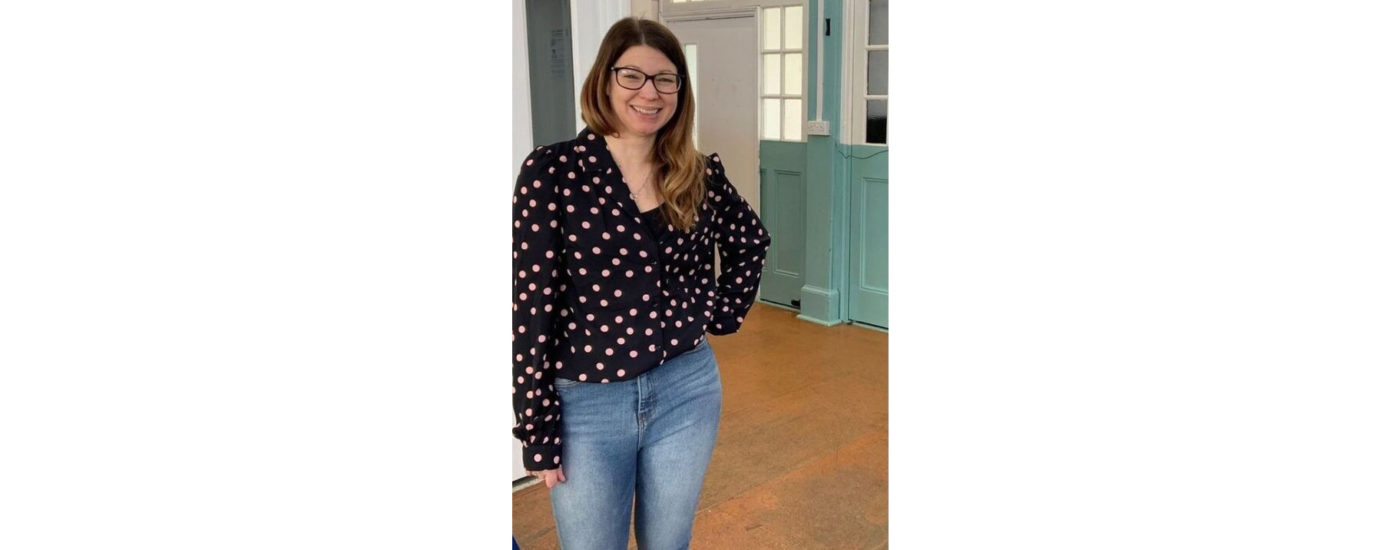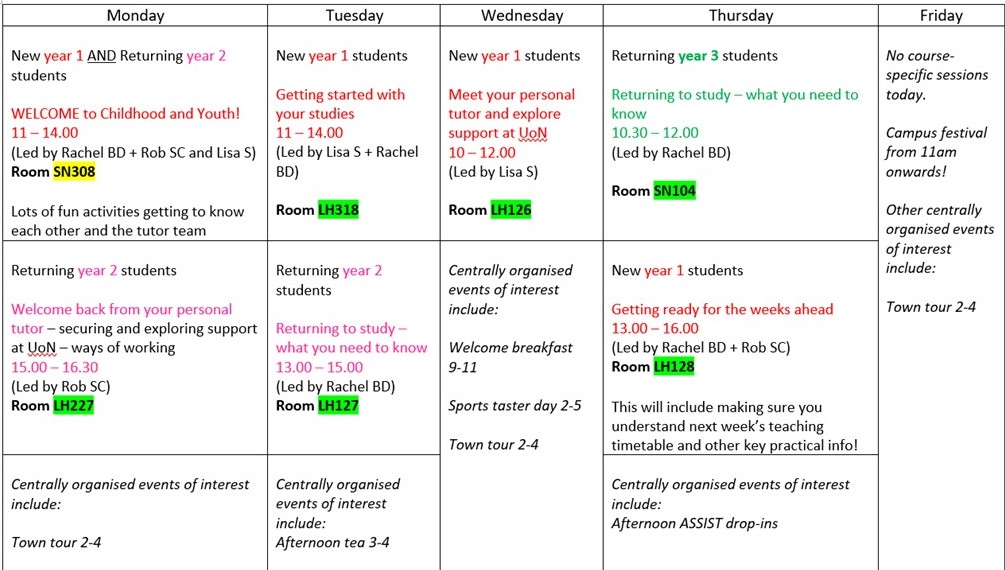I’m writing this post from a Learning Hub classroom on a sunny March Saturday, still feeling quite the positive glow after this morning’s Discovery day experience.
It’s always such a privilege when people feel able to share their experiences and beliefs in discussion. You all have so much to bring to the programme and to the children and young people with whom you will work; as well as to the children and young people’s wider workforce.
Today, in our Discovery day explorations, we have looked at what it means to be a child and how that differs from what it means to be an adult…. or how being a child differs from being a ‘young person’. What you can see in the images below are the notes made during our discussion that built into such an interesting framework! We started off very much seeing children as being dependent, in need to of support, learning how to be an adult but not ready for adult things yet. We decided that we saw ‘young people’ as being that stage from puberty leading up to adulthood. We considered how society might see, and the media might portray, children (as needing protection and nurture, vulnerable) and young people (selfish, thugs, rebels) and that idea that childhood is a preparation stage for adulthood – but not just any adulthood; one that is independent and productive. We complicated this by asking where did this locate adults (in age) who were dependent, and vulnerable, and in need of much support…. Ultimately, we moved from a linear pathway between childhood and adulthood to something much more circular. Shakespeare would have been proud of us, as (basically) we were echoing his 7 ages of man!
Where was this all leading? At the end of our time together, we wanted to consider what this meant for the necessary and best attributes of a professional working with children and young people. The mission was to imagine we had a test-tube into which we could place 3 ingredients to make the ideal professional for the childhood and young people (CYP) workforce. Those ingredients were: Diversity, Passion and Commitment; and being a good and empathetic listener/ building relationships. This seems like a very thoughtful and productive combination of attributes! What was striking was that the first attribute, diversity, very much speaks to the structures of the system and the need to remove barriers to participation in the CYP workforce (eg attitudes to men working in the Early Years). We had much conversation about the value of role models and our wish for diversity really linked strongly to that.
So, I am looking forward to working with the people I met today in the next academic year. It is clear they have a lot to offer. I hope to meet more of you on such Discovery days and am excited for more such conversations and explorations in the months and years to come. A big thanks to today’s participants for their engagement!
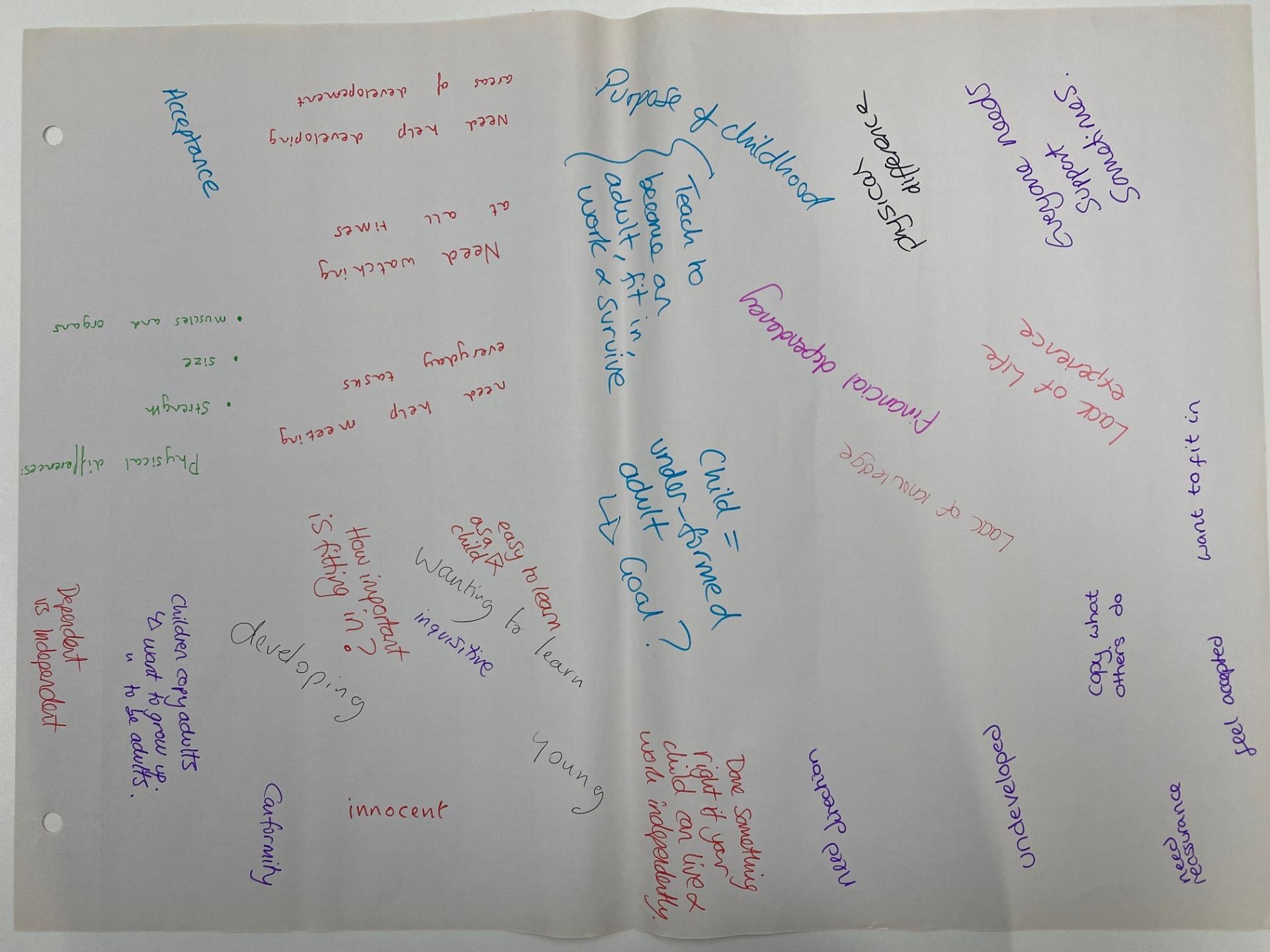
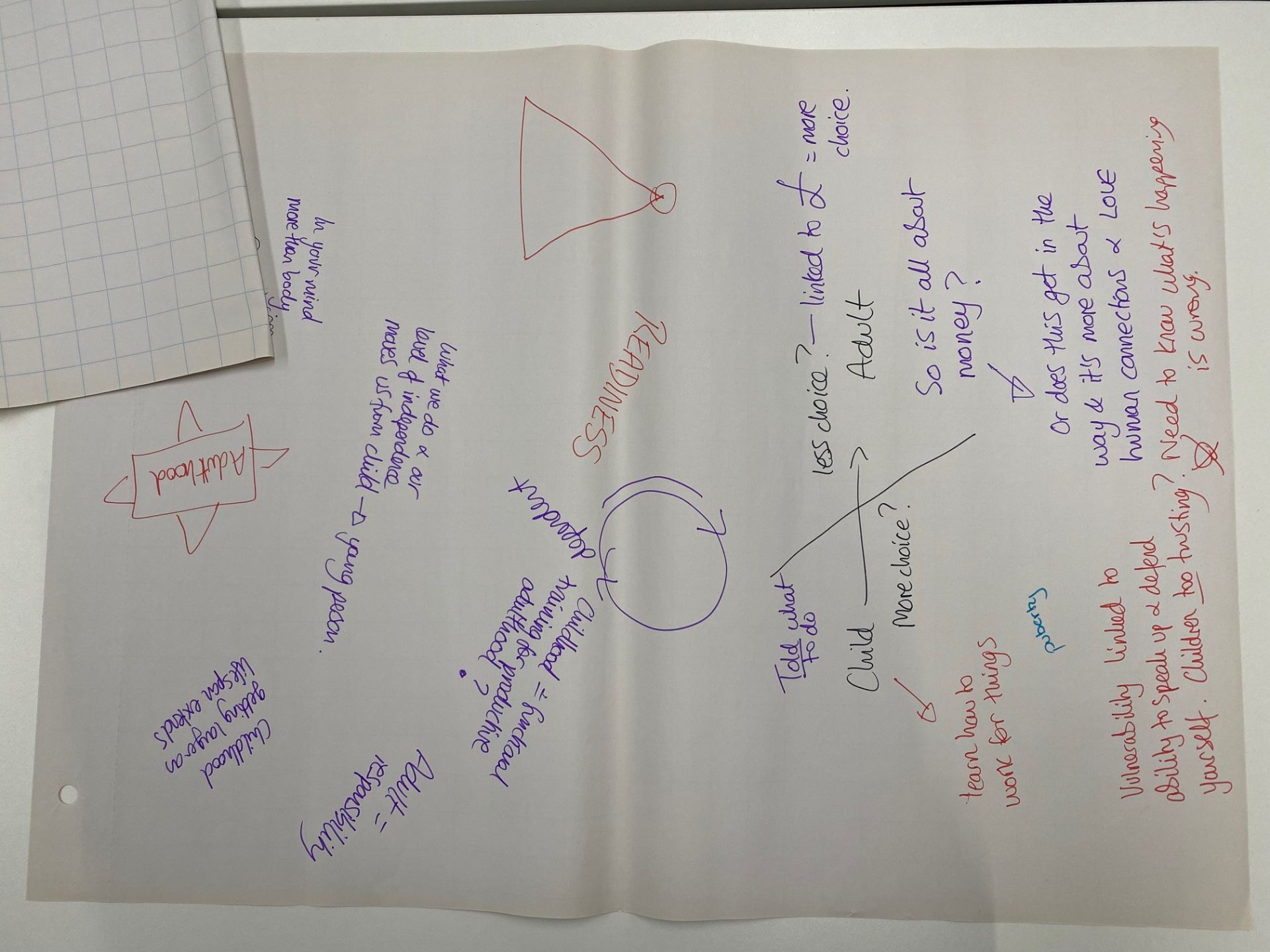
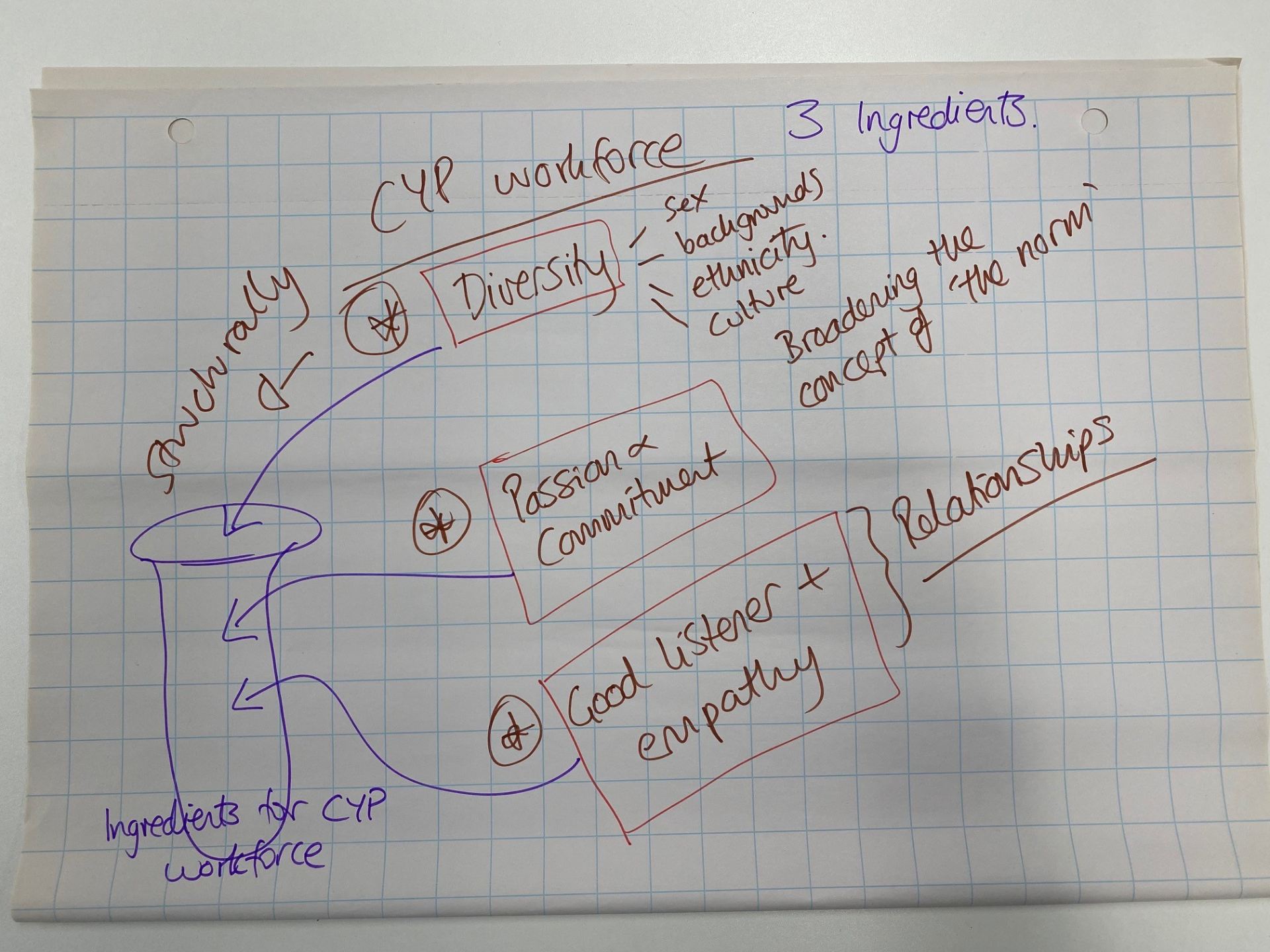
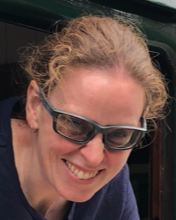
![]()


